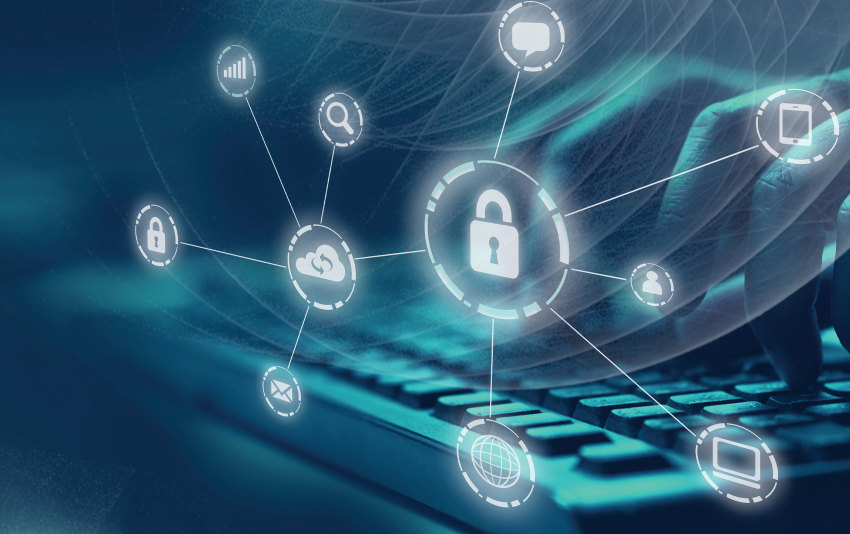Fraud isn’t rare anymore, it’s everywhere. Scammers are getting better at pretending to be people or organizations you trust. The good news is a few simple habits can make a big difference in keeping your money and information safe.
Slow Down When Things Feel Urgent
Scammers love to rush you, saying things like “Your account is locked!” or “You owe money to the IRS!” Legitimate companies and government offices don’t demand instant payments or personal details by phone or email.
Tip: Hang up or delete the message. Then contact the company using a phone number or website you know is real.
Protect Your Personal Information
Never share your Social Security number, passwords, or bank details with anyone who contacts you first, no matter how “official” they sound. Some scammers create fake government or business emails.
Tip: Before clicking links, hover your mouse to see where they really lead. Look for “https://” where the “S” stands for secure, and a small padlock in your browser before entering personal information.
Use Strong Passwords and Extra Security
Weak passwords are an open door. Use strong, unique passwords for every account. Consider a secure password manager to encrypt passwords behind a single master password.
Tip: Turn on two-step verification (also called two-factor authentication) for your bank, email, and other important accounts. Two-step verification helps protect you by requiring both your password and a second form of verification, like a text code sent to your cell phone.
Watch Out for Fake Tech Support
If a pop-up or alert says your computer has a virus and gives you a phone number to call, it’s likely a scam. Real tech companies don’t reach out to you this way.
Tip: Close the pop-up, run your own antivirus scan, and ask a trusted technician for help if you’re unsure.
New Trick: AI-Powered Invoice Scams
Artificial Intelligence (AI) helps computers “think” and work faster, but scammers use it too. They can scan stolen emails, find real invoices, and change the payment details before sending them back out. It looks real, sounds real, and even arrives when you expect it, but when you pay, the money goes straight to the scammer’s account. This is called a business email compromise scam.
Tip: Double-check every invoice and look for small clues like strange timing, odd wording, or slightly different payment methods. Beware if the message feels rushed or urgent. Scammers use pressure to make you act fast.
“When something feels off, it probably is. The best defense isn’t a tool, it’s a mindset.” —Mike Decker, Manager, IT Security and Production Support, Royal Neighbors of America®


